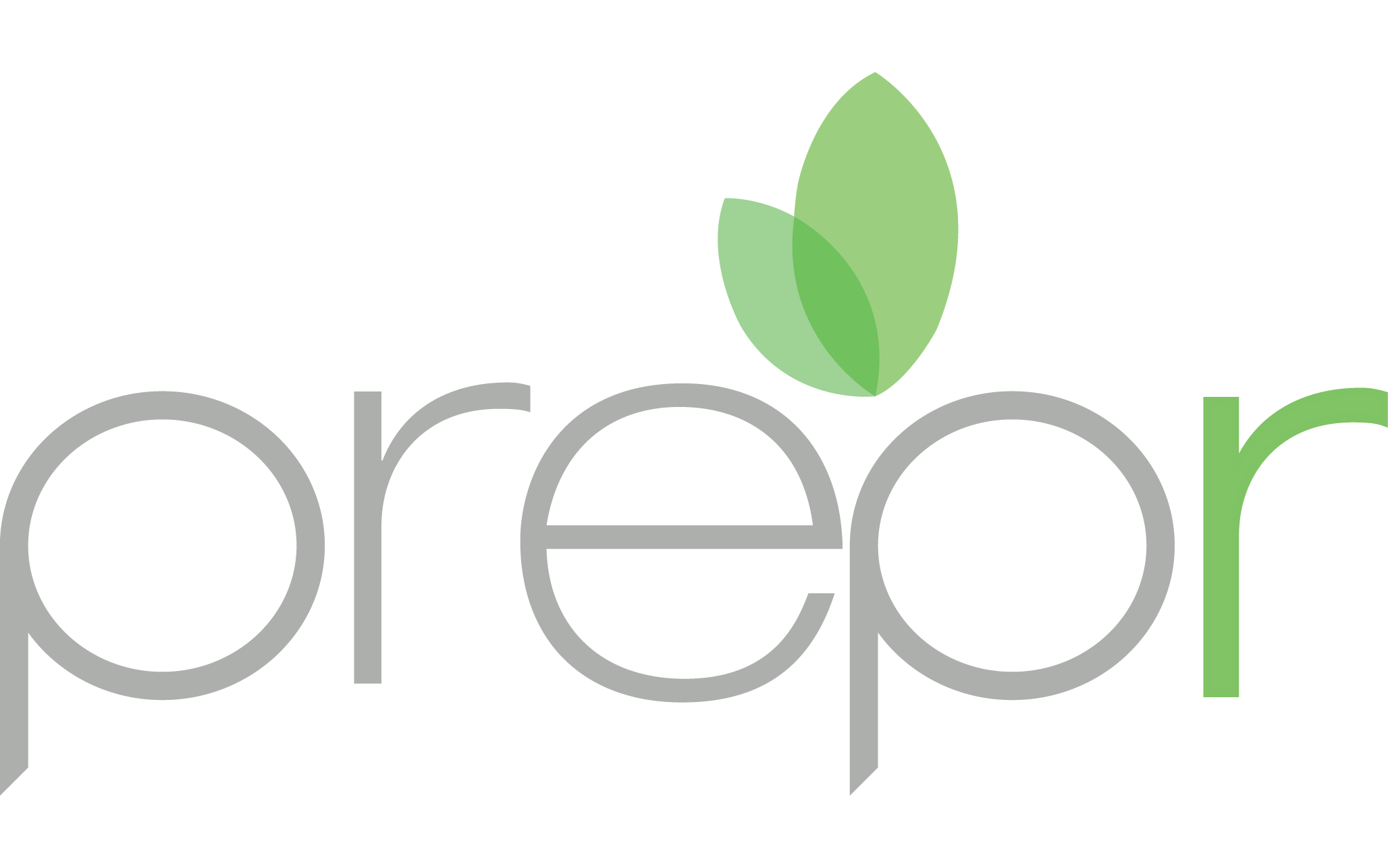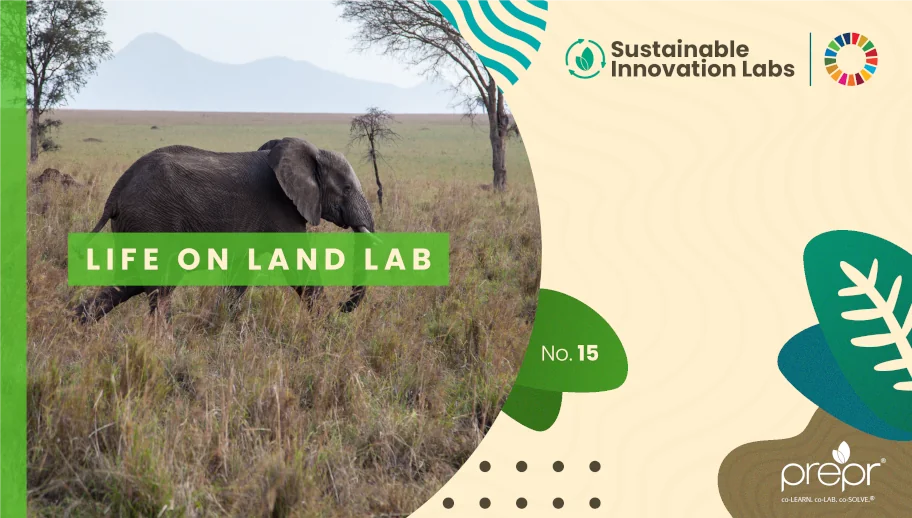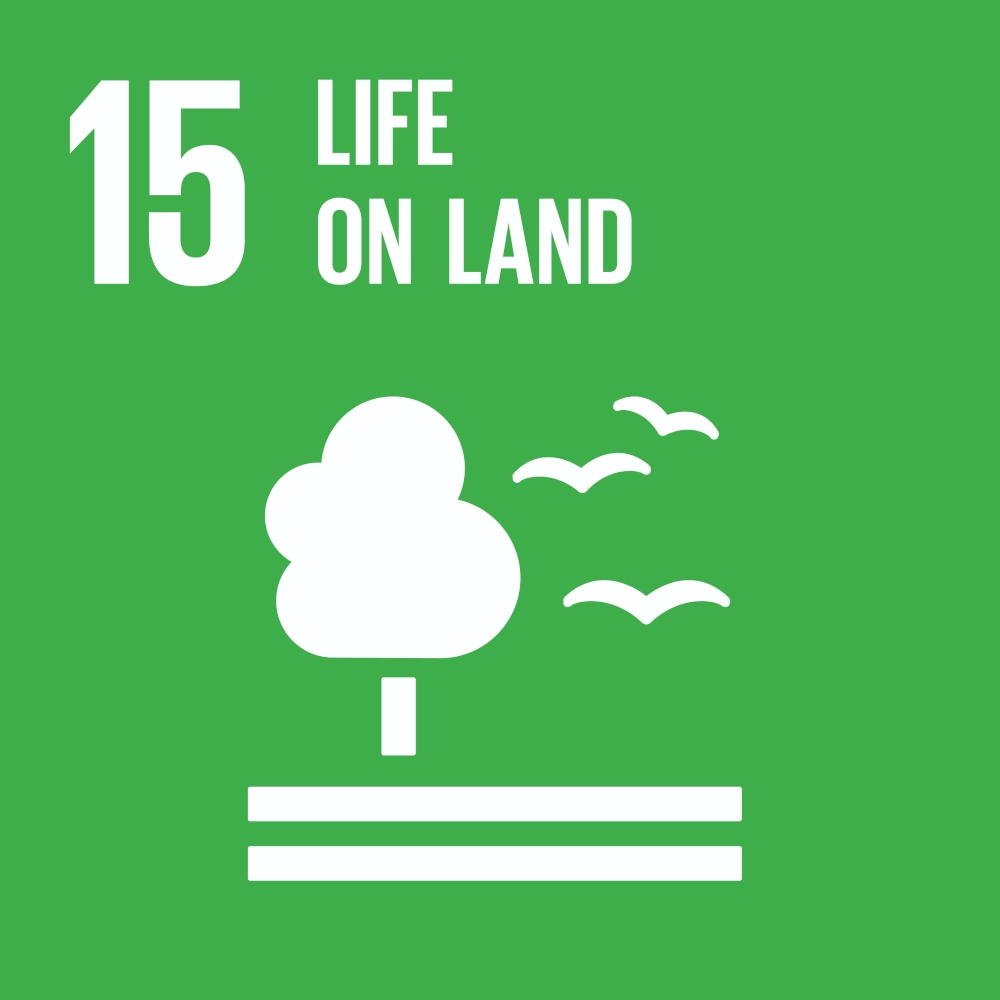Life on Land Lab
For the entirety of humanity’s existence, people have relied on terrestrial ecosystems to ensure their survival and prosperity. However, these habitats are facing rapid and accelerating exhaustion of the resources they can offer, creating existential threats for communities and species.
Learn how your innovations can tackle these issues and more by joining the Life on Land Lab, part of Prepr’s Sustainable Innovation Lab series.






